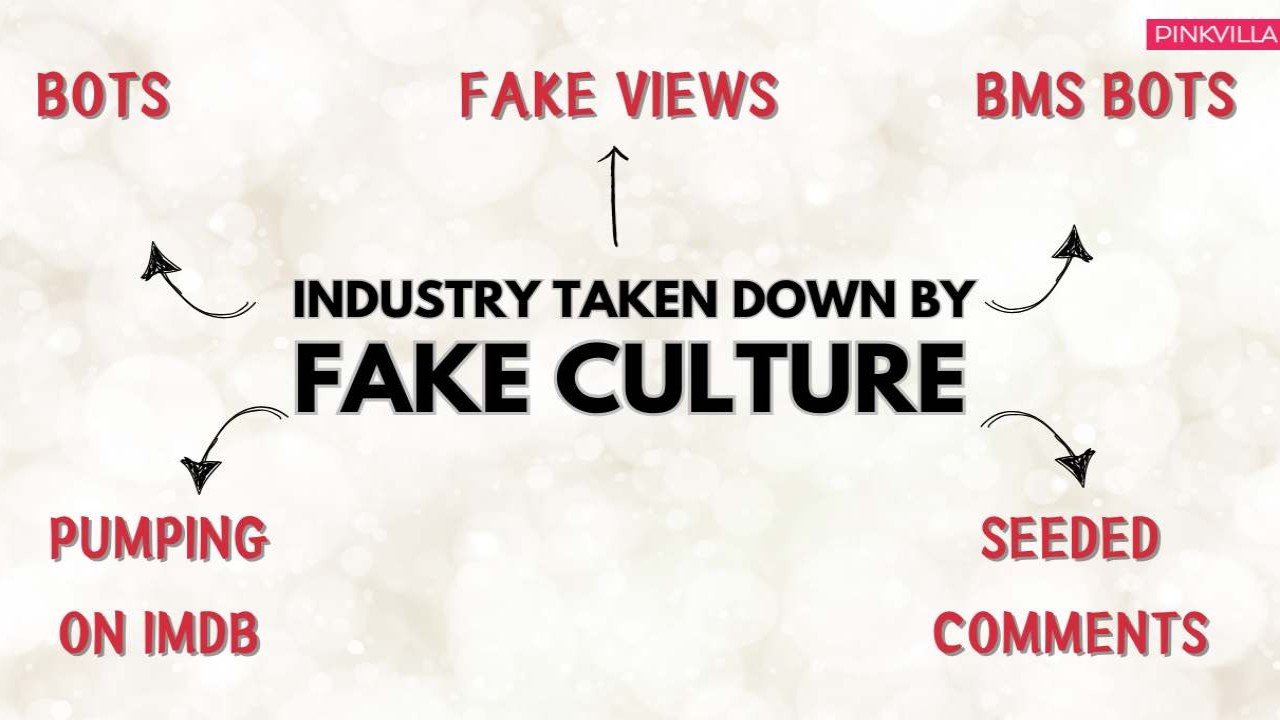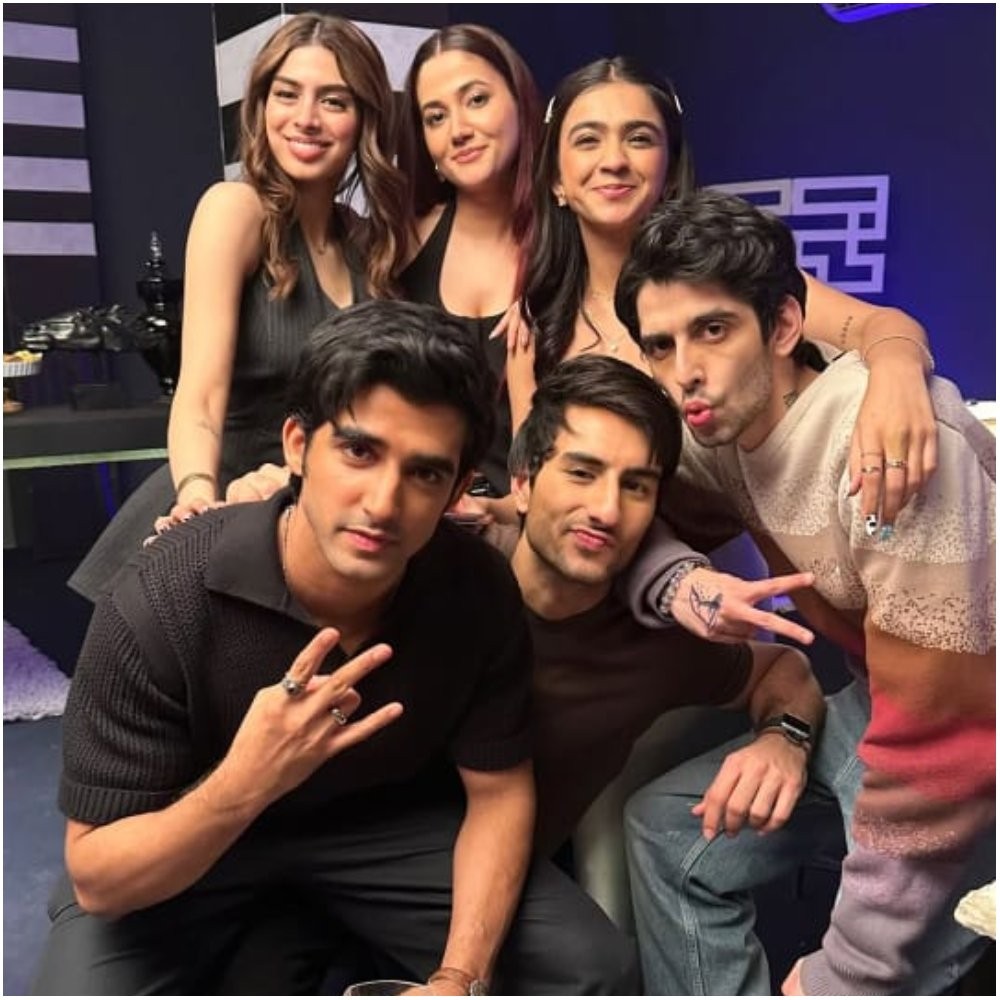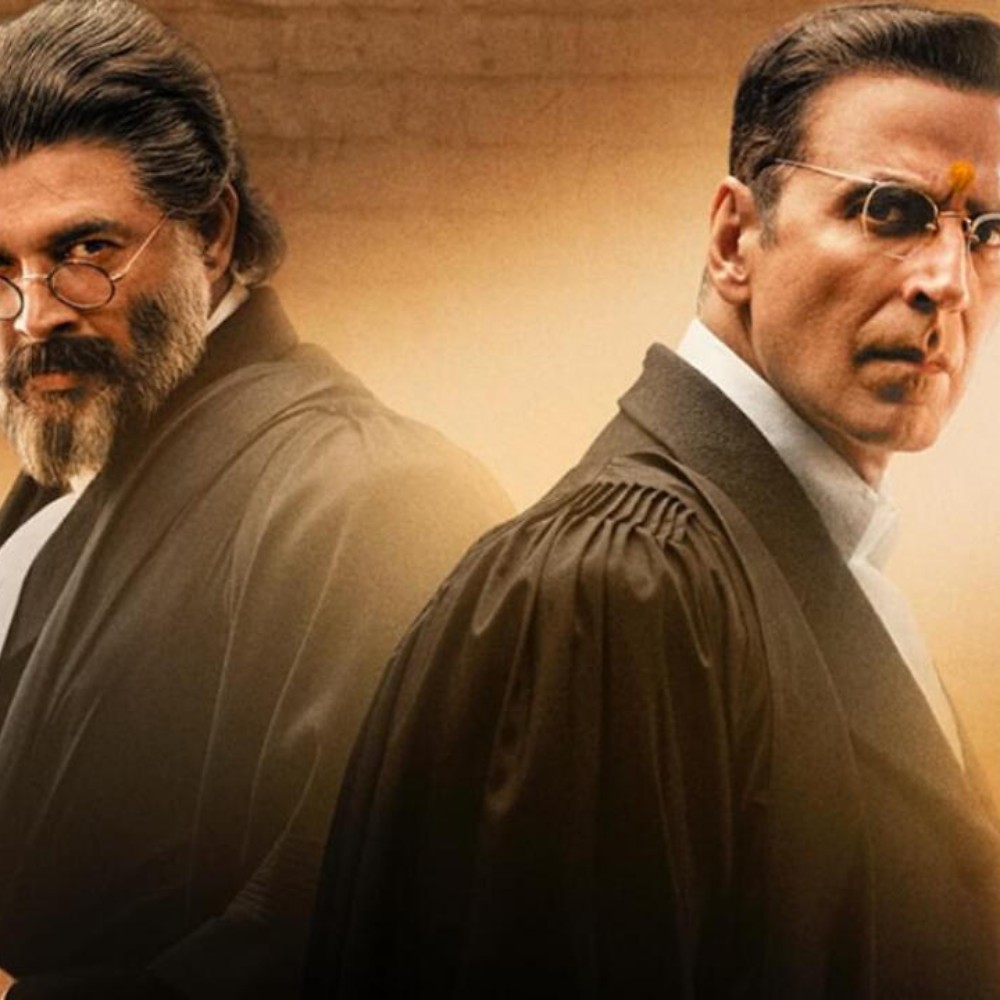Mirroring The Industry: How the ‘Fake’ and ‘Inorganic’ culture has taken over the Hindi Film Industry
In today's time, social media and platforms like IMDB, BMS, YouTube are tampered by agencies with bots, manipulating the entire game of numbers for social media conversations. Details

Back in 2015, when social media was growing, the Hindi Film Industry saw it as a platform to connect with the fans. However, a decade later, social media has become a mere platform to create perception around feature films. The idea of direct feedback from the cinema going audience has diminished, and taken over by the concept of comment seeding from the social media audience to create a perception. In simple terms, digital platforms have become a mere medium to cheat the audience.
Let’s start this conversation from the root cause – insecurities. While platforms like YouTube, IMDB, and Book My Show can be apt to gauge the interest around a specific feature film, the film industry has found ways to corrupt the platforms with ‘BOTS’ to generate false views & put in fake votes to tamper with the sanctity for these platforms. Earlier last decade, the view count and interest count on the aforementioned platforms, could give-an-indication of ground reality, but in today’s time – more often than not – these metrics are tampered with bots, manipulating the entire game of numbers for social media conversations.
While the above-mentioned are metrics based on data and absolute numbers, the perception game continues on social media platforms like X, Instagram, Reddit, and FaceBook too. Digital agencies have formed a new way to generate positive content on the digital world. First do a paid post via an influencer, and then generate positive comments below the influencer's post by seeding through bots and the accounts involved in paid campaigns.
While all the above metrics might seem positive on the digital world, it doesn’t exactly translate into the footfalls on the big screen as the interest is generated digitally via fake votes and comments, but the organic chatter might be minimal in most of the cases. It’s only by the end of release week that the producers realize that the entire ‘Online Reputation Management’ resulted in him burning a substantial chunk of money for nothing.
Now let’s say for example a producer takes the stand to avoid ‘Online Reputation Management’ – what would happen? Well, when the lion tastes blood, he craves for more. In the instances when producers take an ‘Anti-Paid Campaign Stance’, the same set of digital agencies and influencers indulge in negative publicity in multiple ways – ranging from negative seeding or comments, to negative posts on X, Reddit, Instagram, and Facebook. It usually happens in tandem to bring the film down and create a negative aura on the digital world – now, if the film is genuinely bad, it will be impacted by the entire negative campaign, however, if the film is good, this negativity does no good, and would act as a medium to expose all the paid negativity.
The agencies, which might act as well-wishers of the producers while pitching the package of doing ‘Online Reputation Management’, would take it on themselves to get into an ‘Online Destruction Mode’, if the producers refrain from having them on board. It’s a grey world, and the corrupt practices of the film industry has created an alternate mode of revenue for many, and most in the most unethical manner too. The negative campaign doesn’t restrict itself to social media, but expands its arena to spamming negative votes & reviews on BMS, IMDB as also, seeding anti-comments on YouTube, X, Instagram, and Facebook among others. It’s basically misusing of the contacts and power, to create a bubble.
Fighter faced this earlier in the year, when the makers decided to go organic with their campaign, and social media agencies who faced rejection, eventually stepped up to pull the film down post the weekend in an inorganic manner. The last 3 years has multiple examples, and Fighter is just one of the many who faced this, but thankfully, the film showed some legs and reached the respectable mark of Rs 200 crore in India and bagged the success tag.
The fakeness to create perception doesn’t end here – there’s a tracking agency too (which the industry takes very seriously for some reason), has entered the mode of corruption, as they have started to do media net deals with producers to pump their figures in predictions, yes you read that right, there are attempts made by producers to pump the box office predictions too, to ensure that the “inside industry buzz” and “inside industry conversation” are positive with regards to the opening day. While the agency is making money in the guise of research, the ones who actually understand numbers are laughing at the reality of many producers and actors.
The new age agencies have also started using non-film influencers to push their narrative to make the things look organic – from political journalists and influencers to sports influencers to South influencers to fashion influencers to the meme pages in non-entertainment sector – everyone are used to create-a-bubble of false narrative. While the author believes that spreading positivity through paid media and influencers is a choice taken by the producers and the receiver of benefits, the idea of pulling down feature films if they refrain from the media-net deals is where the issue majorly lies.
However, right or wrong, is a judgement to be taken by the audience, but the idea of perception game seems simple – if 1000 people speak the same thing – it becomes a reality. But does it indeed become a reality? Does the perception game translate into box office numbers? We doubt. But what do you think?There are inorganics self-buying of tickets too happening for feature films, but now it’s pointless to address that and write about it, as it has become more of an industry rule to self-buy tickets to retain the OTT price at a certain level, as most of the digital contracts are now linked to box office performance.





 JOIN OUR WHATSAPP CHANNEL
JOIN OUR WHATSAPP CHANNEL









































